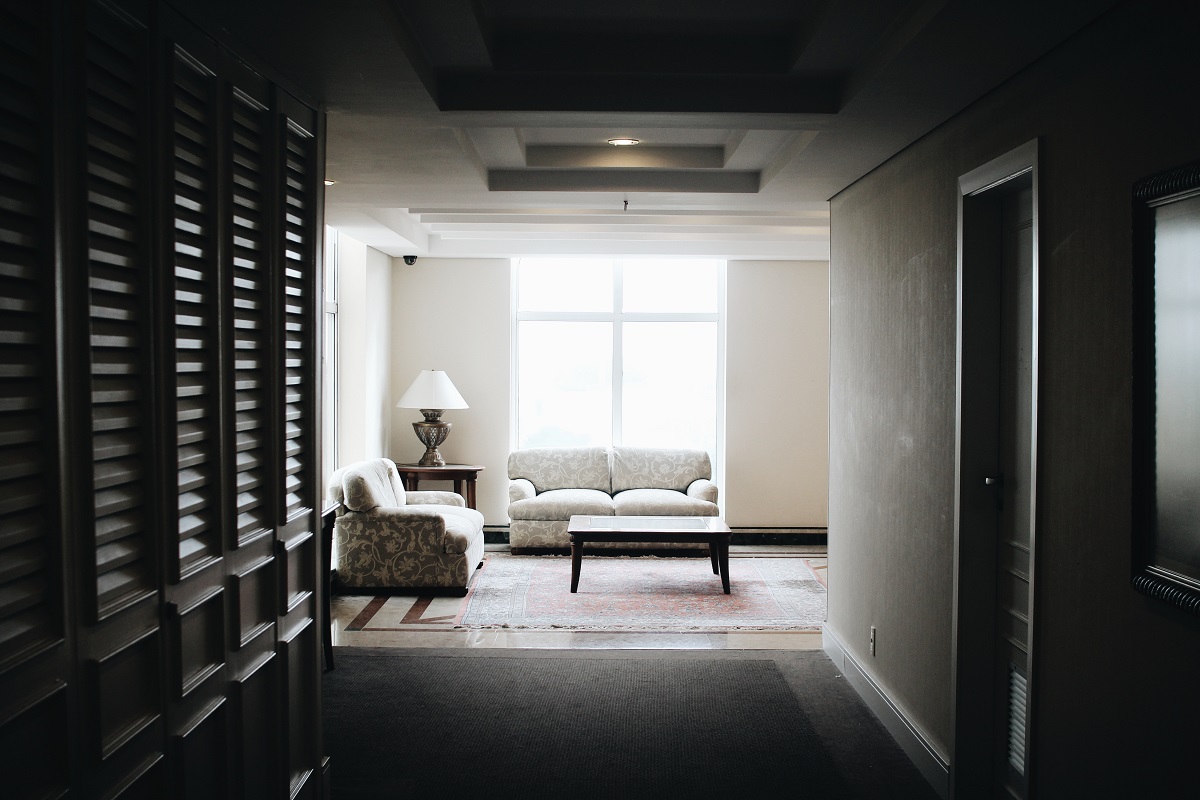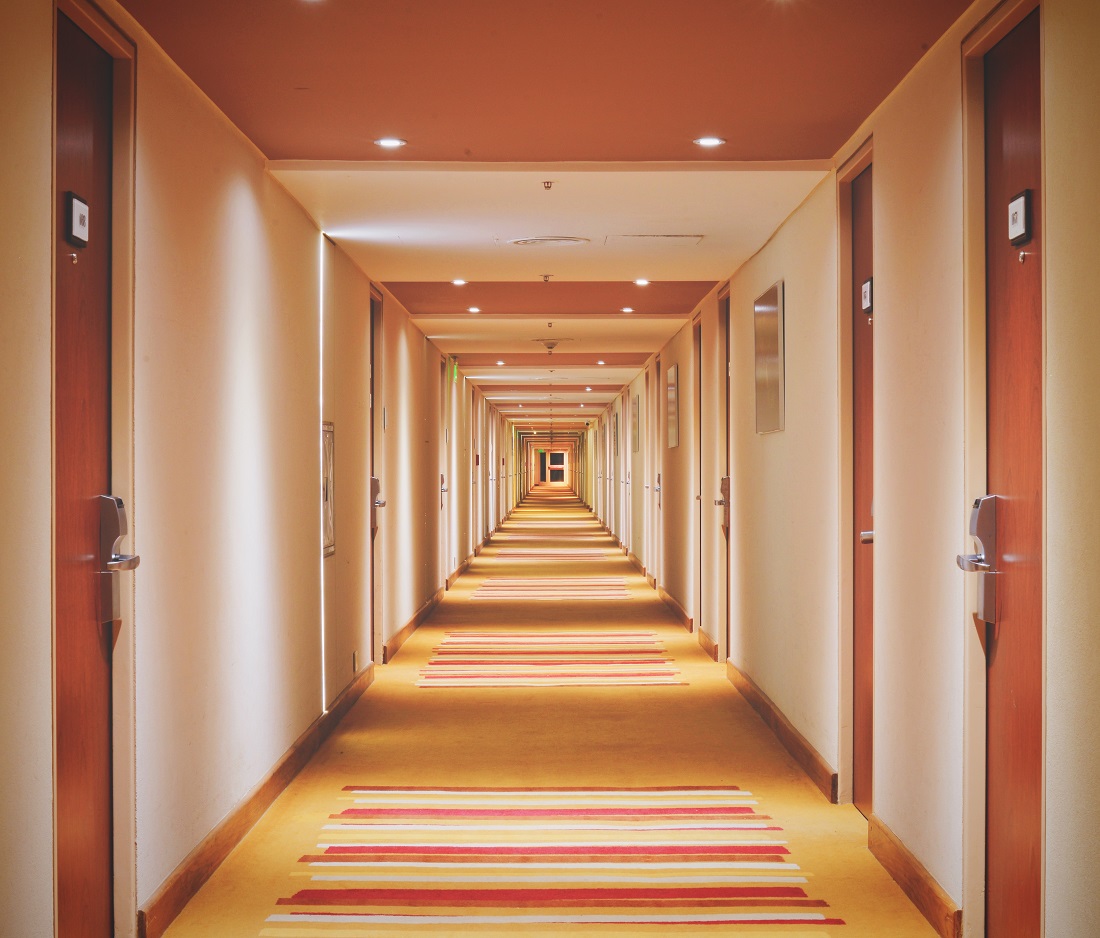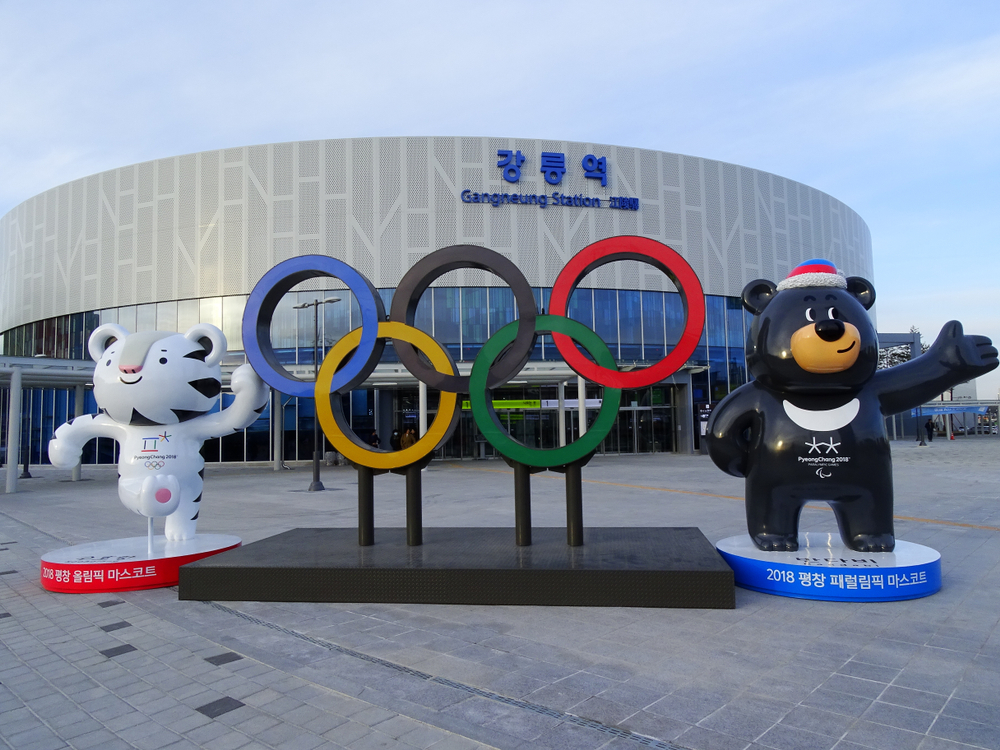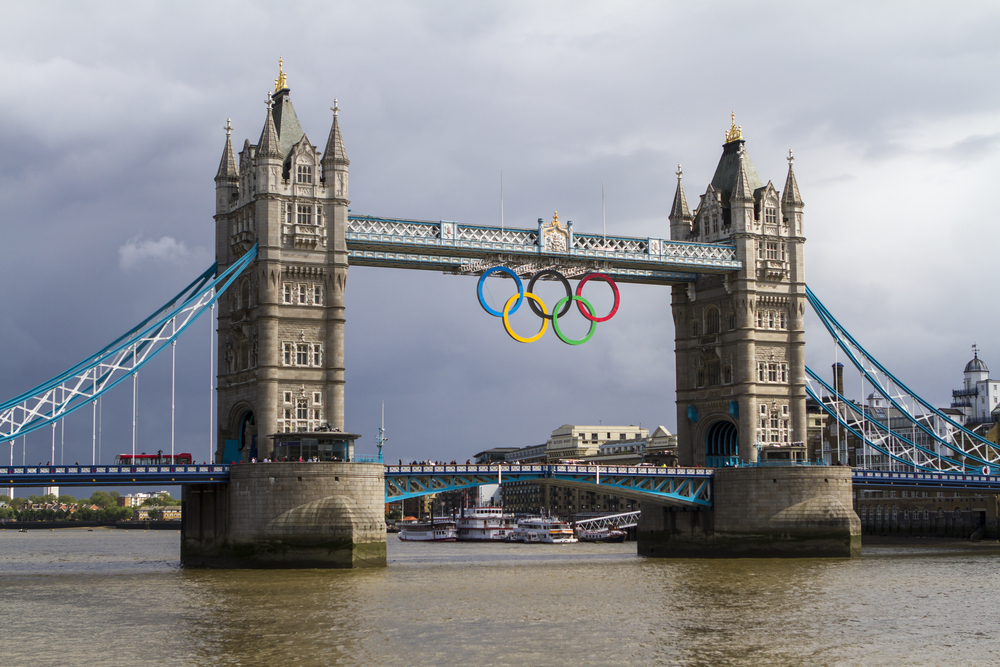[ad_1]
The Tokyo 2020 Olympic Games offers hoteliers in Japan a unique opportunity to capitalise on increased demand and maximise revenue both over the short and long-term. The massive expected influx of visitors for the event comes with huge potential rewards.
However, if not planned and executed well, hotels could risk displacing current loyal guests, and flawed pricing strategies could lead to a half-empty hotel and high rates of no-shows due to cancellations.
8,000 new hotel rooms are projected to open in Japan by 2020, and CBRE estimates there will still be a shortfall of around 3,500 rooms compared with the projected 40 million inbound tourists expected by the Japan National Tourism Organization for the year. To properly prepare for the Olympics, hoteliers need to consider a variety of factors, including effective marketing and sales strategies, pricing, and forecasting as well as booking policies and restrictions.

The following strategies will help hoteliers in Japan feel confident that before, during and after the Olympics, they can achieve their overall revenue potential.
Get your forecast and pricing strategy right
A hotel cannot properly prepare for an event on the scale of the Olympics without an accurate forecast. Advanced revenue management software can illustrate what will happen to occupancy levels and booking paces accumulated 365 days prior to arrival day across different segments, and the impact this will have on revenue optimisation.
Using hotel data from the 2012 London Olympics, IDeaS Revenue Solutions has observed that sample properties in London achieved significant revenue per available room (RevPAR) growth during and after the event, while suffering from an occupancy drop prior to the event. Hotels in Tokyo might anticipate similar pre-event occupancy drop off next year due to usual group and corporate business vacating the city in the lead-up to the Olympics and adjust their pricing strategy accordingly.
“Data from London 2012 showed premium hotels had higher RevPAR growth over the Olympic period compared to economy hotels”
Perhaps unsurprisingly, given that the Olympics are perceived to be an expensive event to visit, data from London 2012 showed premium hotels had higher RevPAR growth over the Olympic period compared to economy hotels. Overall, the demand for lower-starred hotels was not as strong as expected, meaning the ability to forecast likely business by segment and identify the most valuable customers is critically important to economy properties.
The pricing strategies in the lead-up to the Tokyo Olympics will have to be carefully managed by all hoteliers, and the focus should be placed on maximising RevPAR in line with the forecast. While an expected increase in demand on significant event days (such as the opening and closing ceremonies) will allow rates to be driven up accordingly, this will not be the case on less significant days.
During busier days around big-ticket athletic events, a hotel can look to close out all lower-rated segments if required, as well as sell room types as premiums, limit free upgrades and make the most of any upselling opportunities. Additional opportunities exist to leverage these peak nights to drive length of stay and increase occupancy and revenue contributions for the softer shoulder days. However, on lower-demand days, these restrictions should be relaxed so as not to discourage potential customers from booking.
Understand booking patterns
Our extensive research and analysis of the hotel market for London 2012 showed there was no clear business mix strategy to guarantee success; however, most London hotels, especially hotels with large inventory, had a balanced transient versus group (50:50) mix. Groups secured with decent average daily rate (ADR) at nine months before the event period built the base business at hotels, so hotels were confident in increasing rates for transient pickups and last-minute bookings.
The data gathered identifies some clear booking patterns to help hotels in Tokyo with their own preparations. In the lead-up to the Olympics, 270 days before the event period, group ADR drops as tentative groups turn to definite or cancelled. This is due to pre-event expectations being high, but then reality sets in as group rates drop.
Reassuringly for premium properties, ADR and RevPAR of the sample hotels from 2012 starts to pick up again from 190 days before the event period as guests visiting for the Olympics begin to book their stays.
To gain further insight into demand for guest rooms in the lead-up to the 2020 Olympics, hoteliers should closely monitor leading indicators of inbound visitors, such as ticket inventory and ticket sales pace for events nearest to their property.
Additionally, senior management within Tokyo based hotels should also create strong partnerships with the local organising committee (in this case TOC2020) to monitor the incoming attendance for key events, which can act as an indicator of likely demand.
Minimise cancellations and overbook carefully
The Tokyo Olympics will deliver a flood of new guests, including last-minute bookings, so it is critical hoteliers have the appropriate overbooking strategies in place. While hoteliers in other markets traditionally use overbooking strategies to counteract last-minute cancellations, the Olympics deliver substantial numbers of potential new hotel guests and generally fewer cancellations from tighter booking terms and conditions.
Historical hotel booking data from the London 2012 Olympics indicates that before and during the event, premium hotels’ cancellation ratio was 2 – 3% lower than the same time period the previous year due to restricted cancellation and no-show policies.
Encouragingly for premium hotels in London at the time of the 2012 Olympics, last-minute pickup was also strong, meaning even if cancellations occur, properties are likely to pick up new business from high-value, last-minute bookers.
Unfortunately, this strength in last-minute pickup did not extend to all hotel segments, with economy hotels’ occupancy dropping during the event period compared to the same time the previous year.
To minimise the impact of costly, last-minute cancellations in the lead-up to the Olympics, hoteliers can implement a system of phased pre-payment restrictions, and cancellation period policies should be tightened. For instance, if the current cancellation period is 24 hours, it could be changed to seven days, or even as much as 28 days prior to the event.
“If large numbers of cancellations are expected… pre-payment plans will allow hoteliers to recoup a large slice of their potentially lost profits”
These terms and conditions should be clearly stated at the time of booking. If large numbers of cancellations are expected in the lead-up to the Olympics, pre-payment plans will allow hoteliers to recoup a large slice of their potentially lost profits, which will then be complemented by last-minute fill-ins in the weeks before the event.
Given the sheer scale of expected demand for the Tokyo Olympics, hoteliers will be asked to contract a large portion of rooms for wholesalers and related organisations. This portion of contracted rooms can be as high as 90% of the hotel’s available room inventory, presenting challenges as those rooms may be released back into inventory at a certain time close to the event, or at a time when the wholesaler or travel agency is not able to resolve their committed inventory.
Tokyo-based hoteliers can address this situation by holding a chunk of rooms out of inventory for group sales to ensure they can accurately handle flux in their transient inventory.
Evaluate length-of-stay requirements
Over the course of the Olympic period, hoteliers can enforce minimum length-of-stay requirements to encourage longer stay periods and improve occupancy. However, these restrictions need to be carefully considered in the wider context of the event. If they are overly restrictive, they can put customers off.
For example, some hoteliers may seek to set a week as a minimum length of stay over the Olympics, but some guests may only be interested in attending key events (like the swimming finals) before leaving. Restrictive minimum length-of-stay requirements would result in these guests not considering that hotel and impact potential occupancy and revenue.
To address these issues, hoteliers should implement automated dynamic length-of-stay controls using hurdle rates, or last room values, to vary the restrictions depending on demand. This allows more flexibility and adjustment as demand patterns fluctuate.
Maximise ancillary revenue
Using a forecast that can segment business accurately will help identify which customer segments to go after, inform strategies to increase ancillary revenues, and highlight opportunities for upselling rooms and services.
Data from the London Olympics showed premium hotels achieved a significant growth of ancillary revenue. In particular, high-end properties had 92% growth in food & beverage revenue during the event period and even saw a 33% increase post event compared to the same period the previous year.
This presents local hoteliers with an opportunity to package restaurant offers along with rooms to increase the likely overall spend from guests visiting for Tokyo 2020.
Be aware of competition from alternative accommodation providers
Hotels today are no longer just competing with rival hotel brands, they also must contend with third-party distributors and disruptors from the sharing economy, such as Airbnb.
These challenges also extend to the Olympic Games, where Pyoung Chang Winter Olympics recorded a large increase in the usage of alternative accommodation and Airbnb was even promoted as the alternative accommodations sponsor of the Rio Olympics.
Tokyo-based hoteliers do have one big advantage over Airbnb and other alternative accommodation providers in the lead-up to the 2020 Olympics: hoteliers can directly engage guests, collect data about them and provide a customised experience.
For a hotel to personalise a guest’s stay, predictive modelling must be applied to the behavioural data gathered from all guest interactions. This allows hotels to improve their segmentation and group similarly behaved customers together, so they can more effectively target messaging and stay experiences to them.
Create the right impression
Major events are also an opportunity for hotels to build relationships with potential repeat guests. Therefore, the importance of creating strong guest satisfaction over the course of their stay should be a key focus for the hotel. For example, ensuring the front desk is adequately staffed with a service team able to manage international travelers’ needs from foreign language help to assisting with transport, local attractions, cultural experiences and dining options.
In addition to creating a favourable impression with new guests, loyal customers should not be overlooked. Research from London 2012 showed most sample hotels set black-out dates during the event period which restricted relatively lower yield contractually qualified business.
However, hotels in Tokyo need to carefully balance short-term business performance versus long-term relationships with loyal, frequent customers. No hotel wants to risk displacing a loyal guest for a new short-term value customer and sending ongoing business elsewhere for the long-term.
Manage your booking channels
Third-party booking channels can form an important source of business for hotels, not dissimilar to loyal and repeat guests. Discussions with key distribution partners about the impact of the Olympics and the need to drive performance during the event period are essential.
“Creative solutions to ensure the hotel, distributor and guest can benefit”
This does not always mean completely closing out these channels, but finding creative solutions to ensure the hotel, distributor and guest can benefit from the resulting strategy implemented.
A strong long-term partnership with distributors can be critical for many hotels in the lead-up to a major event like the Olympics and in the post-event period when business returns to more normalised booking patterns for the Tokyo market.
Review and adjust your plan
Tokyo-based hoteliers should begin planning for the 2020 Olympics now. Management teams should review the strategy at frequent intervals in the lead-up to the event, so any necessary tweaks can be made as required, for example through weekly meetings.
By understanding the implications of a number of “what-if” scenarios, through forecasting undertaken at the planning stage, hoteliers can make changes to pricing, restrictions and segmentation strategies accordingly as the event approaches. These thorough planning and review processes will put hoteliers in the best possible position to make an effective strategy for driving revenues over the course of the event.
Stay tuned. IDeaS will continue to release educational content pieces to help Japanese hoteliers prepare for the Tokyo 2020 Olympics. Watch for an upcoming article on how hoteliers can maximise revenues from inbound leisure travellers to Japan in secondary Olympic markets like Kyoto and Osaka. For more information, visit the IDeaS Revenue Solutions website.
[ad_2]
Source link





